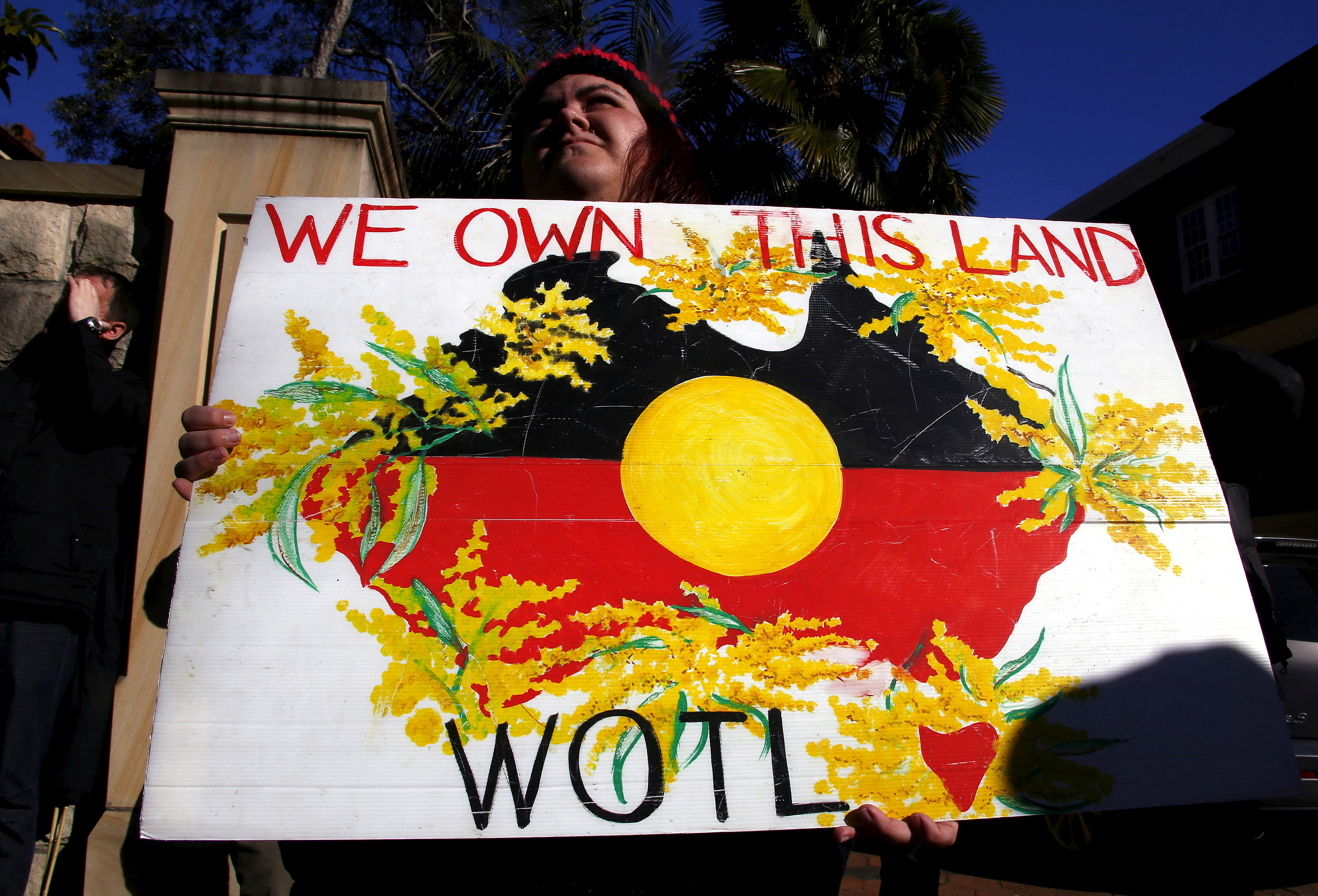
Article by Melanie Burton for Reuters

MELBOURNE (Reuters) – Western Australia state has scrapped new Aboriginal heritage protection laws after just five weeks because of opposition from landowners.
The decision, denounced by Indigenous groups, comes in the run-up to an increasingly divisive referendum on whether to give Indigenous people a greater say over polices that affect them.
THE DECISION
* Western Australia will overturn its 2021 Aboriginal cultural heritage protection laws, introduced after the destruction of the ancient Juukan Gorge rock shelters, after opposition from farmers and landowners.
* The Indigenous group whose shelters were legally destroyed by mining giant Rio Tinto in 2020 said it was outraged by the decision. The rock shelters had shown human habitation stretching back 46,000 years.
* Resource rich Western Australia produces more than half of the world’s traded iron ore, a steel-making ingredient and Australia’s most lucrative export, and half of the world’s lithium.
WHAT DID THE SCRAPPED LAW DO?
* The Aboriginal Cultural Heritage Act 2021 was developed to update 1972 laws that granted Rio Tinto permission to damage the heritage site in a planning process that denied Aboriginal groups the right of appeal.
* The legislation set out a three-tiered approval system and established administrative bodies to provide Indigenous groups with a greater say over protection of heritage.
* It also broadened the definition of cultural heritage, afforded Aboriginal groups the right to request a review of decisions and boosted fines for damage to up to A$10 million from A$20,000.
* But it also drew criticism from Aboriginal groups because a government minister retained the final say. It was also deemed by critics as not in line with U.N. conventions around consent and imposed an unfunded administrative burden.
* Aboriginal groups and farmers say they were not properly consulted on the 2021 legislation.
WHY WAS IT REPEALED?
* When the legislation came into force on July 1, farmers, Indigenous groups and mining explorers all said there was significant uncertainty over how the complicated, proscriptive new laws would be implemented.
* Farmers staged protests, concerned that extra requirements for heritage protection would raise costs and impede their work.
HOW IS THIS LINKED TO THE REFERENDUM?
* The decision to scrap the legislation is not linked directly to the federal government-backed plan to establish an Indigenous advisory body in parliament through a so-called Voice to Parliament referendum this year. But it has focussed attention on Indigenous rights as support falls for the referendum plan.
* Some people have been using anger over what critics see as over-protective heritage laws to build opposition to the proposal to give Indigenous people a greater say through the referendum. The scrapping of Western Australia’s heritage law could neutralise some of that opposition, Indigenous leaders said.
WHAT AMENDMENTS WILL BE MADE?
* Permits to damage or destroy Aboriginal cultural heritage will now be overseen by a majority Aboriginal administrative body.
* Aboriginal groups will have the same right of review as proponents in decisions while the state minister will have the final say, especially if a site or project is deemed to have state significance.
* When an application to damage or destroy a site is approved, the owner will have to notify the minister of any new information about it. The state says this is important to help prevent another Juukan Gorge.
* Rio Tinto did not raise to its top management or state officials new objections from Aboriginal elders who had become aware of impending damage to Juukan Gorge before it was destroyed.
COULD DESTRUCTION HAPPEN AGAIN?
* Aboriginal groups like the National Native Title Council say destruction could happen again, given that there are significant heritage sites on private farmland.
* National minimum standards for heritage protection, which the federal government is set to release next year, are the best way to prevent another Juukan Gorge, said pension fund Hesta.

